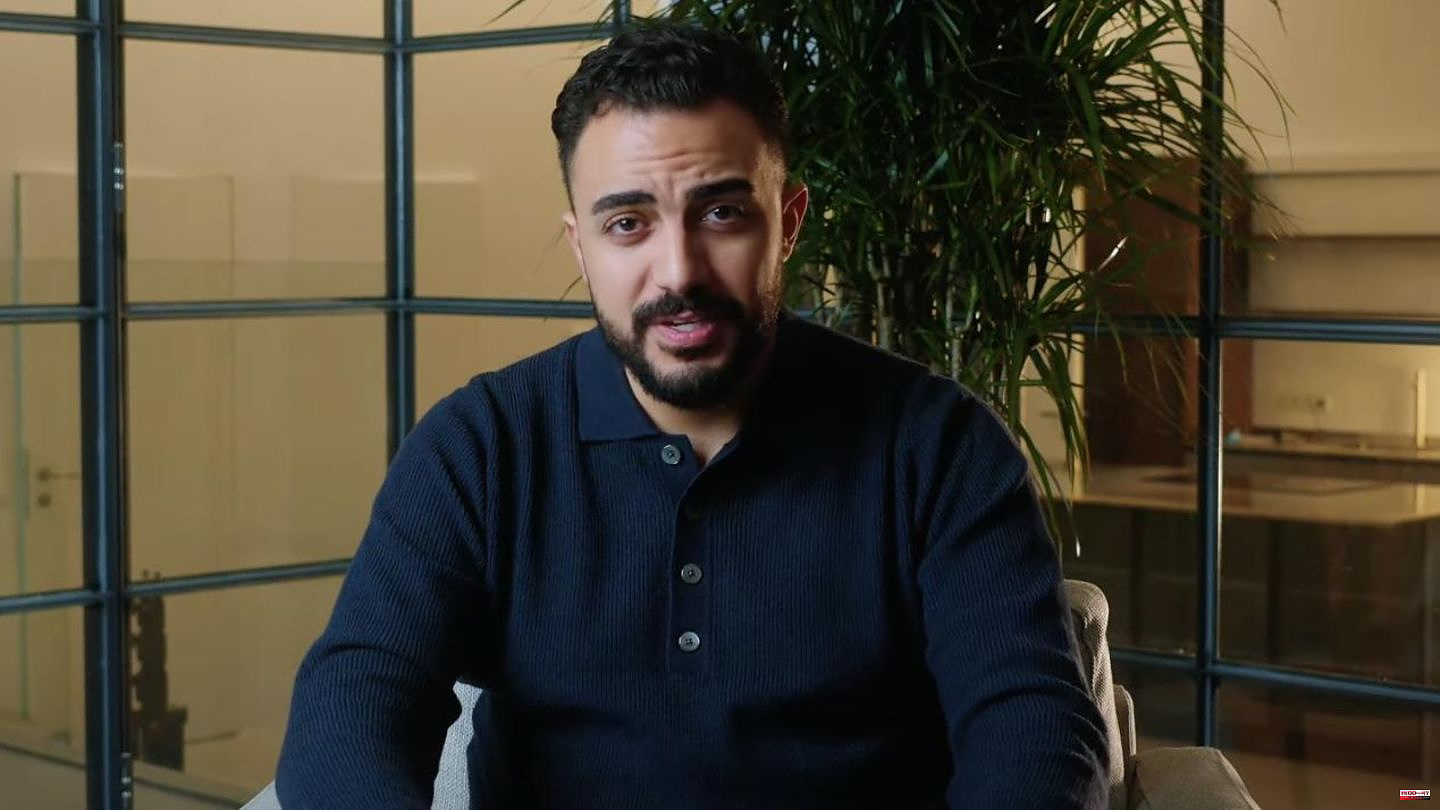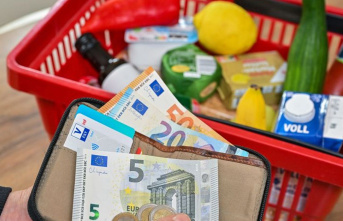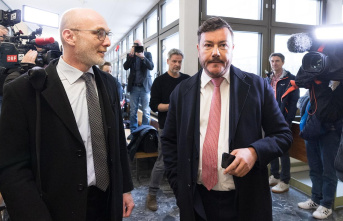This article is adapted from the business magazine Capital and is available here for ten days. Afterwards it will only be available to read at www.capital.de. Like stern, Capital belongs to RTL Deutschland.
No matter whether Tiktok, Instagram or YouTube, individual stocks or ETFs. Financial influencers have so far provided information and advertised financial products on social media without any particular restrictions. Companies like to use this form of communication for the same reason that makes it dangerous for consumers: the special proximity.
The German financial supervisory authority Bafin and parts of politics have therefore long feared that consumers will no longer sufficiently reflect on the suggestions and recommendations of the so-called finfluencers and will suffer damage as a result. This can have serious consequences, especially with financial products.
The Greens now want to ban influencers from advertising financial products, among other things. Finfluencers would then have to look for alternative earning opportunities, but above all they see a disadvantage for users. A ban would also be bad for companies.
Ibo Ahmiane is known as a Finfluencer under the name “Professor Finance” and is one of the largest in Germany with his more than two million followers on Tiktok, Instagram and YouTube. His content revolves around stocks, savings and taxes. He understands the desire to “weed out the black sheep,” he said when asked by Capital about the Greens’ demand. But he thinks it's wrong to lump everyone together.
“If this rule were implemented, consumers would no longer have the opportunity to rely on reliable recommendations,” says Ahmiane. “Instead, they often have to have disappointing experiences with potentially bad, complicated and user-unfriendly providers,” says the influencer. "In the worst case scenario, this could result in significant financial losses that could be avoided."
That's exactly what the specialist politicians in the Green parliamentary group see differently. Tabea Rößner, Chairwoman of the Bundestag's Digital Committee, and Linda Heitmann fear financial losses due to incorrect recommendations or influencers exerting too much influence on consumers. In a paper recently reported on by Handelsblatt, they call for stricter regulation of influencer marketing.
A study by the Swiss Finance Institute of 29,000 finfluencers confirms that their tips are often not reliable: according to the survey, only 30 percent of finfluencers were "capable", while 16 percent were not and 56 percent were even the opposite "anti-capable".
In Germany, only certified investment advisors are allowed to give real purchase recommendations. Among many of Finfluencer Ahmiane's posts you will also find the disclaimer "no investment advice". He also only recommends his followers products or services that he has “extensively tested” and sometimes subjected to a “background check,” he tells Capital. "This creates an image of the seriousness and professionalism of the company or product. I act on this basis and it leads to rejections in an estimated 85 to 90 percent of all inquiries."
Influencers are currently only required to label posts or links for which they receive something in return, such as a commission. But the Europe-wide advertising laws for radio and television do not affect influencers. The Federal Association of Influencer Marketing therefore fundamentally welcomes the fact that parts of politics are in favor of an EU-wide “uniform approach” to influencer marketing. Because it is a cross-border business, it would simply simplify the work, says association board member Jeanette Okwu to Capital.
But it also refers to the existing rules. “There are already regulations that actually put us in a good position,” she says. "The people who are now calling for demands need to read them through and think about whether the demands are even necessary."
After all, an advertising ban could actually become a challenge for affected influencers because they also make their living through advertising. “Influencers mainly earn their money through collaborations or their own products,” says Max Weiß, an expert in social media marketing from Weiss Consulting
From Ahmiane's point of view, influencers should make themselves independent of brand deals through their own products. He is already heavily promoting his own financial education platform “Equity Insights” through his channels. Other well-known finfluencers such as “steuerfabi” or “Finanzfluss” have already published books or offer payment models for tracking your own finances on their websites.
It is difficult to say how many Finfluencers there are right now. There is no mandatory registration, nor is there a clear definition of the term, Bafin said in response to Capital's request. Due to the low entry barriers, the number can change constantly. She does not want to comment on specific legislative proposals, but on her website she expressly advises caution when giving investment tips on social media.
Since last year, France has had a law that equates advertising in online social networks with that in traditional media such as television and radio. Advertising for certain products is prohibited and violations are punished. However, financial products are not yet included. Finfluencer Ahmiane predictably believes that stricter transparency requirements and more educational initiatives for consumers make sense instead of a ban.







